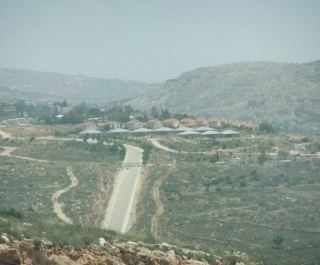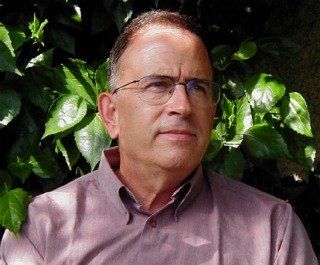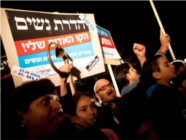 This is the second in a series of reviews of new books on Middle Eastern affairs. We asked Dr. Gail Weigl, an APN volunteer and a professor of art history, to review the late Anthony Shadid's book on his Southern Lebanese family roots. Following is Gail's review.
This is the second in a series of reviews of new books on Middle Eastern affairs. We asked Dr. Gail Weigl, an APN volunteer and a professor of art history, to review the late Anthony Shadid's book on his Southern Lebanese family roots. Following is Gail's review.Anthony Shadid, House of Stone: A Memoir of Home, Family, and a Lost Middle East (Boston and New York: Houghton Mifflin Harcourt, 2012), $26.00
This haunting memoir, deeply poignant in its own right, is made yet more poignant by the untimely death of its author, the two-time Pulitzer Prize winning Middle East correspondent for The New York Times, Anthony Shadid.
Continue reading Book Review: Anthony Shadid's House of Stone.







